As we have already discussed in “How Quantum Computing is impacting the innovation field worldwide”, quantum computing is a rapidly-emerging technology that applies the principles of quantum mechanics to solve highly complex problems that classical systems cannot address. Although quantum calculators are not likely to replace traditional computers in the short term, they will be employed with all probability to complement the work of common computers with their specific capabilities, such as system optimization.

To achieve so-called quantum supremacy, organizations and governments around the world are investing billions in quantum research and development, with leading companies such as Google, Microsoft and Intel competing to lead the sector. With so much at stake, the advent of large-scale quantum computers could be very close, which makes it necessary for technology leaders and workers to stay updated about the development of this technology and the potential implications it could have in a variety of sectors.
In this article, we will address the 5 sectors that are expected to be highly affected by quantum computing.
But first…What is quantum computing?
Quantum computing harnesses quantum mechanics to overcome the limitations of current computing. The nature of the quantum state of a particle means that it can be reproduced in different ways, leading to the variety of quantum computers available.
To understand how quantum processors work, it is important to understand the key terms of quantum computing:
- Qubits: they are like the bits of a classical computer, and have the ability to be both 1 and 0 at the same time.
- Superposition: the quantum state in which a particle can also be a wave.
- Entanglement: the invisible link that two particles have when they spin in different directions.
- Gates: similar to the logical gates of a classical computer, they are reversible and used to control the qubits.
What makes a quantum computer special?
Each qubit has an amplitude, a complex number that acts as a probability, but does not follow the same rules. Due to the nature of the amplitudes, qubits can interact constructively or destructively, known as quantum interference.
Quantum interference is one of the key factors that make quantum computers so powerful. If an algorithm is developed that efficiently harnesses quantum interference, computational problems that were previously impossible to tackle on a conventional machine can be solved.
Large-scale quantum computers are likely to have a significant impact on several sectors, enabling the resolution of previously impossible problems and discovering new possibilities.
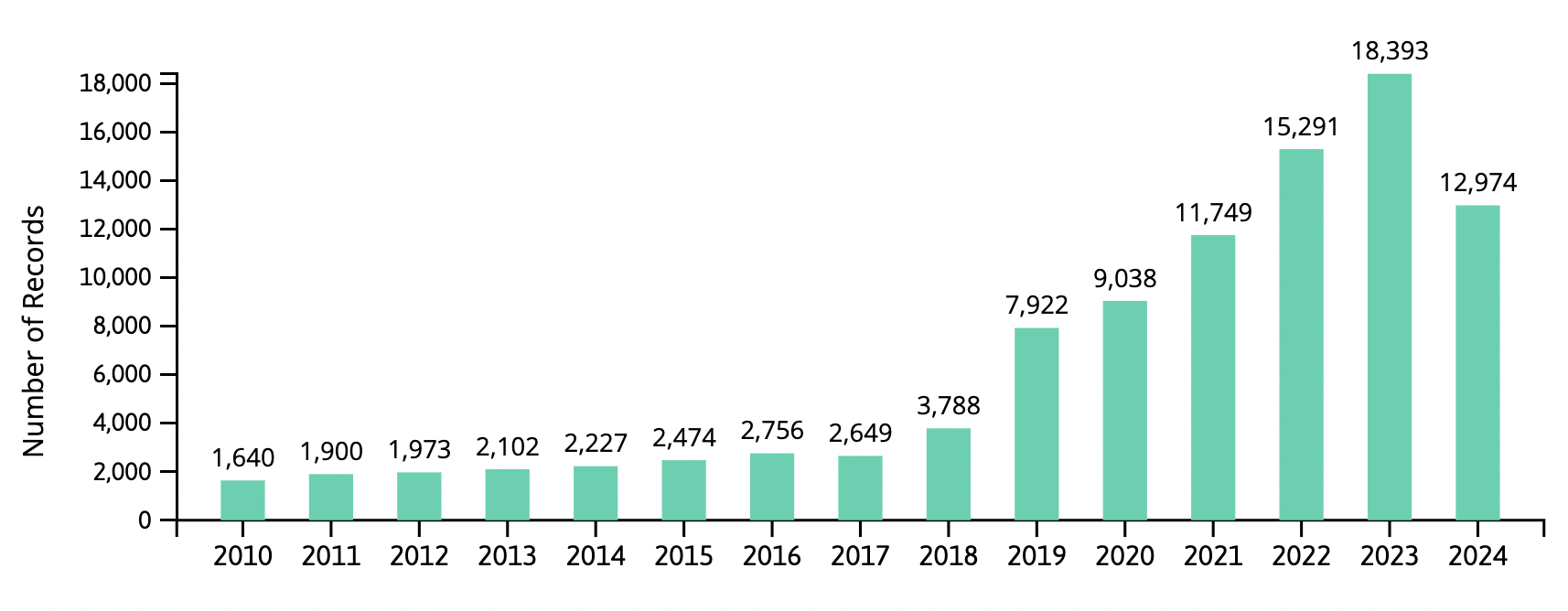
Below are some of the sectors that are expected to be increasingly impacted by quantum computing applications, detected through Linknovate‘s innovation scouting platform InnoScout.
Drug discovery and development
The unprecedented processing power of quantum computers could significantly boost drug discovery and development and help scientists solve currently unsolvable problems. Through quantum simulations, these machines can examine multiple molecules, proteins, and chemicals at the same time, speeding up and improving drug development much more efficiently than conventional computing.
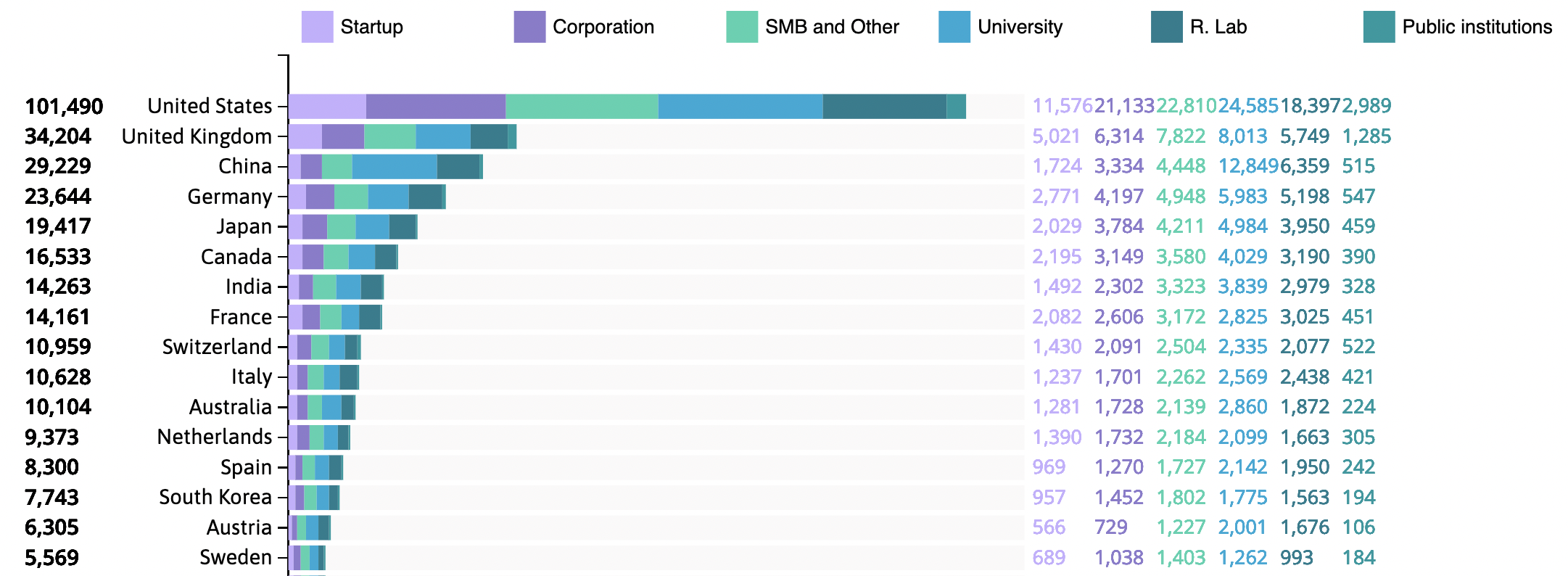
Pharma companies working with quantum computing:
Roche: The Swiss pharmaceutical company has partnered with Cambridge Quantum Computing (CQC) to use quantum simulations and noisy intermediate-scale quantum (NISQ) algorithms in the development of early-stage drugs. In addition to vaccines for diseases such as flu, cancer, and Alzheimer’s. The use of quantum simulations could replace the need for experiments in labs and minimize the need for trials with humans and animals, which would also reduce research costs.
Boehringer Ingelheim: Pharmaceutical company Boehringer Ingelheim has partnered with Google to build a quantum lab that allows them to simulate the biological mechanics of the body at a molecular level and discover new treatments. The three-year project will involve collaboration with Google’s quantum artificial intelligence division, as well as investments in machine learning, data science, biomarkers, and digitally-enabled therapies.
Moderna: Vaccine maker Moderna and IBM announced a partnership to explore how AI and quantum computing can help develop new messenger RNA medicines and vaccines. Moderna and IBM will work together to use and build AI models that could accelerate mRNA technology and science, which was used to create Moderna’s COVID-19 vaccine.
Finance
Quantum computers have the potential to significantly transform the financial sector by offering benefits such as deeper analysis and faster trading opportunities. Many financial institutions, including IBM and JPMorgan, have been experimenting with quantum technology to improve trading, transactions, and data speed. Financial modelling is another area that could benefit greatly from quantum computers, resulting in lower processing costs and faster transactions for financial institutions around the world.
Multiverse Computing
The San Sebastian-based company focuses on quantum computing for the financial industry to optimize processes and plans to expand into new markets such as energy, mobility, and intelligent manufacturing. Multiverse already works with reference clients in these sectors, and is developing quantum-inspired solutions to compress Large Language Model to improve their efficiency in industrial applications. They have recently secured $27 million (€25 million) in funding, led by Columbus Venture Partners, valuing the company at $108 million.
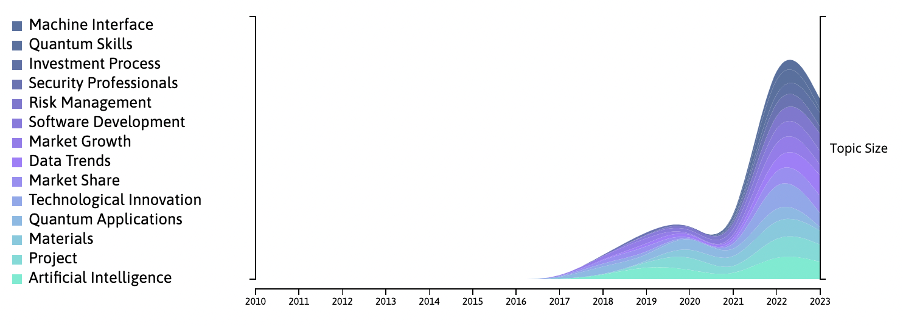
Climate Change
Quantum computers have enormous potential from an environmental perspective and are expected to help countries achieve UNs’ Sustainable Development Goals through quantum simulation. This tech can contribute to accelerating the discovery of new CO2 catalysts that allow for more efficient recycling of carbon dioxide and produce useful gases such as hydrogen and carbon monoxide. Quantum computing can also speed up the development of energy technologies that will be needed on a large scale, such as batteries and solar panels.
PsiQuantum, a Silicon Valley-based photonic quantum technology company, is working on building a useful fault-tolerant and error-corrected quantum computer, with the goal of addressing some of the world’s most pressing practical challenges in areas such as climate, energy, healthcare, and industry. PsiQuantum has dedicated a substantial share of initial quantum computing capacity to high-impact sustainability applications, and are building partnerships with corporates, governments and non-profits to develop and scale end-to-end decarbonization solutions. Last year, they announced Qlimate, a quantum computing net zero initiative that builds partnerships to develop and scale decarbonization technology breakthroughs.
TerraNexum employs quantum optimization, geospatial analysis and cloud computing to identify and exploit opportunities related to renewable energy and carbon management systems. Among its initiatives are the open source Accelerated Sustainability Action Plans (ASAPs), which are complemented by energy and resource networks improved through the use of quantum optimization. Another of its featured projects is the development of quantum modules (QM) for containerized applications in the cloud and at the edge to streamline data analytics workflows.
Logistics
Quantum computers excel in optimization tasks, and are capable of solving complex problems that would take a supercomputer thousands of years in just a matter of minutes. Considering the intricate nature and numerous variables associated with international shipping routes and supply chain management, quantum computing could be effectively utilized to address formidable logistical hurdles.
D-Wave systems is a quantum provider whose solutions are particularly suited for optimization problems involving large datasets, such as route optimization, logistics planning, financial modelling, or machine learning. They partner with companies such as Volkswagen, DENSO, and Toyota to detect business challenges in which quantum hybrid solutions can provide a competitive advantage.

The company led the world’s first pilot project for traffic optimization in partnership with Volkswagen and public transport provider Carris, using a quantum computer to develop a traffic management system able to detect the fastest bus routes in real time in order to avoid traffic congestion.
Cybersecurity and Information Security
Quantum computers offer many advantages, but they can also bring new risks, especially in the field of data security. Public key encryption, widely used to protect information, could be vulnerable to future attacks from quantum computers. Worryingly, there has been insufficient investment in quantum-resistant security, which could be essential in the quantum era. Fortunately, there are already initiatives underway by governments and companies to prepare for a future involving quantum technology and its related risks. For instance, CISA and the NSA have recently published guidelines and prerequisites for quantum-proof algorithms to safeguard critical infrastructure and national security systems, based on NIST‘s selections for post-quantum cryptography.
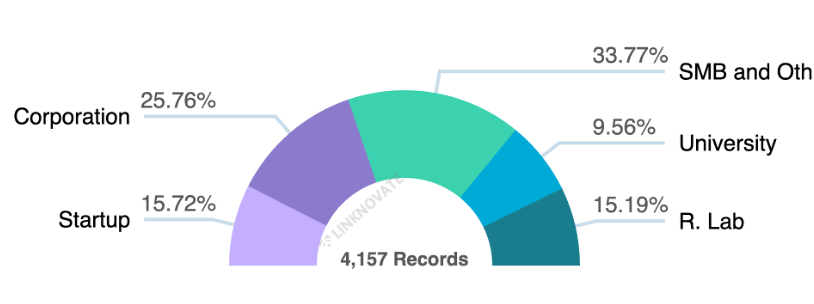
Two of the most innovating quantum computing companies working in the field of cybersecurity are:
PQShield, an Oxford University spin-out company, is a team of cryptography specialists and researchers with unrivalled expertise in the design and implementation of quantum-resistant cryptography for software and hardware applications.
They offer quantum computing solutions for secure communication, using post-quantum algorithms to safeguard data. They also provide a cryptographic SDK for mobile and server technologies, which can protect sensitive information, identities and cybersecurity infrastructures. PQShield’s solutions address various industries in the industrial sector, such as automotive. In addition, the company plays an important role in the National Institute of Standards and Technology (NIST) post-quantum standardization process.
SandboxAQ is a SaaS company that combines AI and quantum technology to solve complex problems impacting society. Its solutions include post-RSA cybersecurity modules that migrate enterprises to higher levels of security. In addition, it is collaborating with the US government to develop practices that enable the transition from public key cryptography algorithms to surrogate algorithms that are resistant to quantum computer attacks.
The company is also working on a crypto-agile security suite that will provide an end-to-end solution to protect sensitive enterprise data. This solution will provide complete visibility and monitoring of an enterprise’s cryptographic security posture, cryptographic policy management and deployment of quantum-resistant cryptographic protocols to protect their data.
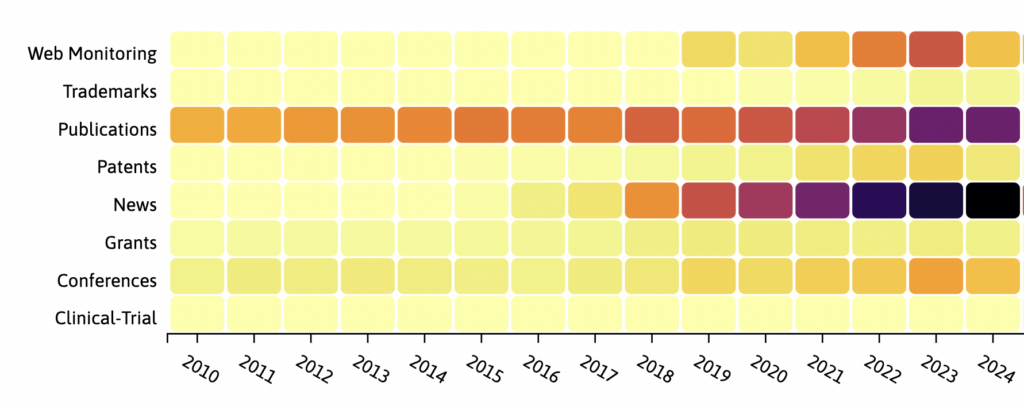
Preparing for the quantum era
Getting ready for the quantum era requires acknowledging the influence that quantum computers will have on organizations worldwide. Although this technology is predicted to bring significant advantages, it’s critical to comprehend the potential hazards were it employed improperly, particularly in cybersecurity. To avoid the exploitation of quantum technology, the sector is urging the establishment of ethical principles. Nonetheless, it is crucial for corporations and governments alike to learn how to deal with quantum computing, and for the public to be informed about it, in order to be prepared to manage its positive effects as well as its downsides.
Linknovate Science S.L. en el marco del Programa ICEX Next, ha contado con el apoyo de ICEX y con la cofinanciación del fondo europeo FEDER. La finalidad de este apoyo es contribuir al desarrollo internacional de la empresa y de su entorno.






